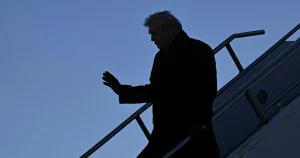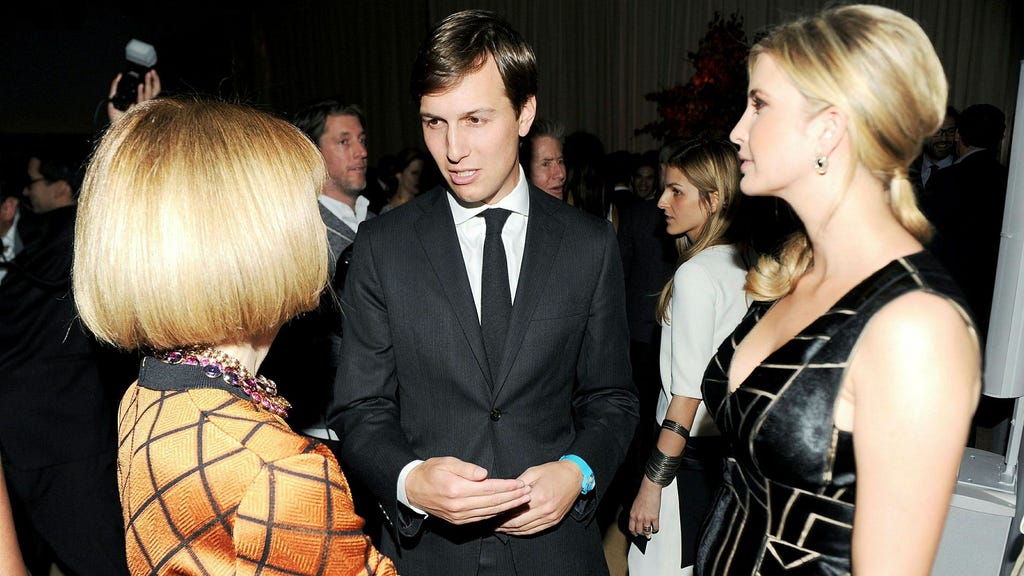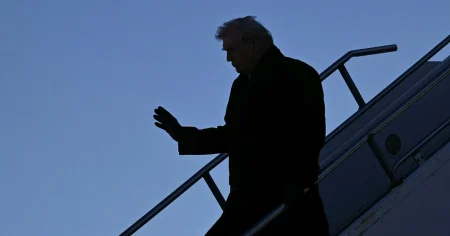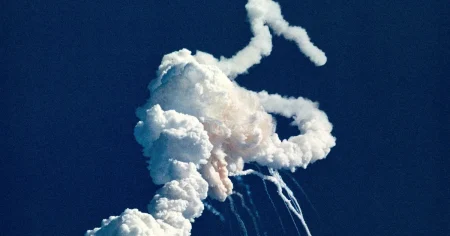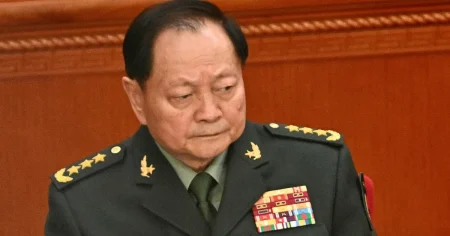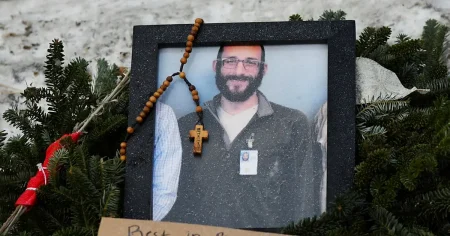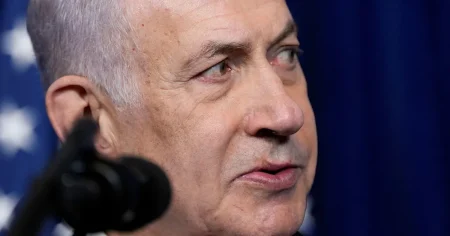The Kushner-Trump Alliance: A Saga of Revenge, Influence, and Controversy
The intertwining stories of the Kushner and Trump families form a complex tapestry of ambition, controversy, and power. Charles Kushner, the patriarch of the Kushner real estate empire, stands as a central figure in this narrative. His journey from a convicted felon to the U.S. Ambassador to France exemplifies the dramatic turns of fortune that have characterized his life. This appointment, orchestrated by former President Donald Trump, represents not only a personal triumph for Kushner but also solidifies the enduring bond between the two families. This alliance, cemented by the marriage of Charles’s son, Jared, to Ivanka Trump, has propelled both families to new heights of influence and wealth, while simultaneously embroiling them in a web of ethical and legal questions.
Charles Kushner’s path to ambassadorship is paved with both remarkable success and scandalous setbacks. His early career as a real estate developer in New Jersey was marked by aggressive political maneuvering and generous campaign contributions, earning him the moniker "the don of suburbia." However, his empire was threatened by a family feud that exposed his questionable business practices and ultimately led to his conviction for tax fraud, witness tampering, and illegal campaign contributions. The witness tampering incident, involving a plot to discredit his sister’s testimony through a staged sexual encounter, became a particularly lurid chapter in the Kushner saga. Following his prison sentence, Charles embarked on a calculated strategy to rebuild his reputation and secure his family’s future. This involved acquiring high-profile properties, influencing media narratives, and, most significantly, orchestrating his son’s marriage to Ivanka Trump.
The union of Jared Kushner and Ivanka Trump proved to be a pivotal moment for both families. While initially hesitant due to religious differences, Charles Kushner ultimately recognized the strategic advantage of an alliance with the Trump family. The marriage, facilitated by media mogul Rupert Murdoch, brought together two powerful dynasties, merging their financial and political ambitions. Jared’s subsequent role as a senior advisor to President Trump further solidified the Kushner family’s influence within the highest echelons of power. Trump’s pardon of Charles Kushner near the end of his first term erased the legal stain of his past convictions and paved the way for his ambassadorial appointment. This appointment can be interpreted as a culmination of Charles Kushner’s meticulously crafted comeback plan, a testament to his resilience and the enduring strength of the Kushner-Trump alliance.
However, the Kushner family’s ascent has been shadowed by persistent ethical concerns. Charles Kushner’s history of using wealth to influence political outcomes raises questions about the integrity of his business dealings and the potential for conflicts of interest. Jared Kushner’s post-White House business ventures, particularly his investment fund that received significant funding from Saudi Arabia, have attracted scrutiny. Critics allege that these investments may represent attempts to leverage his former government connections for personal gain, blurring the lines between public service and private profit. The speed and scale of these investments, unprecedented for a former White House official, have fueled speculation about potential quid pro quo arrangements and undue influence.
The Kushner family’s story is not just about individual ambition; it reflects a broader shift in the American political landscape. The blurring of lines between business, politics, and family, coupled with the increasing influence of wealth and power, raises questions about the integrity of democratic institutions. The Kushners’ trajectory, marked by both shrewd business acumen and ethical lapses, epitomizes the complexities and contradictions of the modern American power structure. Their story continues to unfold, leaving a trail of unanswered questions about the extent of their influence and the long-term consequences of their actions.
The appointment of Charles Kushner to the prestigious position of U.S. Ambassador to France, a post once held by figures like George Marshall, the architect of the Marshall Plan, symbolizes the evolving nature of American diplomacy. While Kushner’s appointment might be viewed as a personal triumph and a testament to his family’s resilience, it also represents a departure from traditional diplomatic norms. His lack of diplomatic experience and his history of legal and ethical controversies raise concerns about his suitability for the role. The appointment underscores the increasing influence of wealth and political connections in shaping diplomatic appointments, potentially at the expense of qualifications and experience. The Kushner family’s story serves as a compelling case study of the intersection of family, wealth, and power in 21st-century America, and its implications for the future of American politics and diplomacy.



